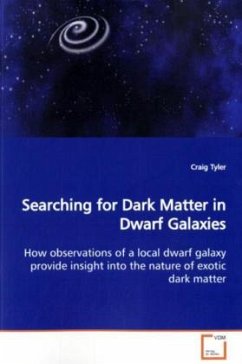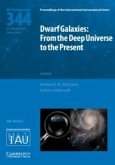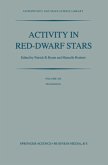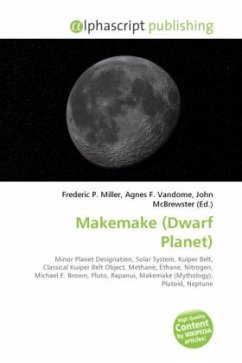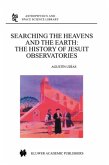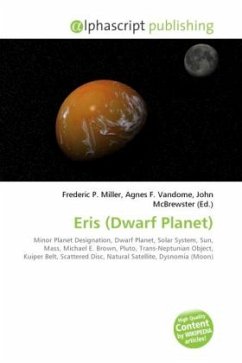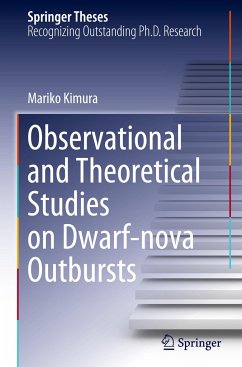Despite more than 75 years of effort, astrophysicists
are still trying
to identify the particle or particles that comprise
the majority of the
dark matter. While the most direct approach may be to
detect dark
matter particles in a new instrument or manufacture
them in a
collider, these methods face significant challenges
because dark
matter is notoriously difficult to detect. In this
book, an alternative
approach is analyzed, in which we constrain the
properties of dark
matter by observing the by-products of the
annihilation of
dark matter particles with their antiparticles.
Likely dark matter
candidates, including the neutralino of supersymmetry
theory, are
expected to produce observable gamma rays from such
annihilation
events, as well as electrons and positrons, which
should generate
observable radio synchrotron radiation in the
presence of normal
galactic magnetic fields. This book is for anyone
interested in how
we can target dark matter-rich dwarf galaxies, without
supermassive black holes or other large masses
capable of
disrupting the dark matter concentration at their
centers, and use
these signals to learn about the nature of exotic dark
matter.
are still trying
to identify the particle or particles that comprise
the majority of the
dark matter. While the most direct approach may be to
detect dark
matter particles in a new instrument or manufacture
them in a
collider, these methods face significant challenges
because dark
matter is notoriously difficult to detect. In this
book, an alternative
approach is analyzed, in which we constrain the
properties of dark
matter by observing the by-products of the
annihilation of
dark matter particles with their antiparticles.
Likely dark matter
candidates, including the neutralino of supersymmetry
theory, are
expected to produce observable gamma rays from such
annihilation
events, as well as electrons and positrons, which
should generate
observable radio synchrotron radiation in the
presence of normal
galactic magnetic fields. This book is for anyone
interested in how
we can target dark matter-rich dwarf galaxies, without
supermassive black holes or other large masses
capable of
disrupting the dark matter concentration at their
centers, and use
these signals to learn about the nature of exotic dark
matter.

